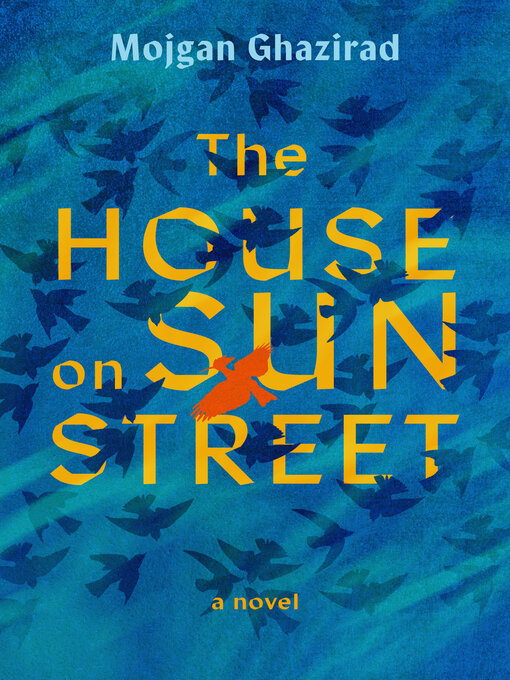A young girl grows up in a family uprooted by the terror of an Islamic Revolution, where her culture, her gender, and her education are in peril.
For the curious and imaginative Moji, there is no better place to grow up than the lush garden of her grandparents in Tehran. However, as she sits with her sister underneath the grapevines, listening to their grandfather recount the enchanting stories of One Thousand and One Nights, revolution is brewing in her homeland. Soon, the last monarch of Iran will leave the country, and her home and her family will never be the same.
From Moji's house on Sun Street, readers experience the 1979 Iranian revolution through the eyes of a young girl and her family members during a time of concussive political and social change. Moji must endure the harrowing first days of the violent revolution, a fraught passage to the US where there is only hostility from her classmates during the Iranian hostage crisis, her father's detainment by the Islamic Revolutionary Army, and finally, the massive change in the status of women in post-revolution Iran.
Along with these seismic shifts, for Moji, there are also the universal perils of love, sexuality, and adolescence. However, since Moji's school is centered on political indoctrination, even a young girl's innocent crush can mean catastrophe. Is Moji able to pull through? Will her family come to her rescue? And just like Scheherazade, will the power of stories help her prevail?
